
In patients with relapsed mantle cell lymphoma, treatment with ibrutinib might mitigate a historical trend toward decreased progression-free survival with succeeding lines of therapy.

In patients with relapsed mantle cell lymphoma, treatment with ibrutinib might mitigate a historical trend toward decreased progression-free survival with succeeding lines of therapy.

CD19-directed CAR T-cell therapy induced a high rate of rapid and durable complete responses in patients with aggressive relapsed/refractory large B-cell lymphoma.

Results from Avalere Health show that once Medicare patients get through the experience and expense of CAR T-cell therapy, they do well and costs drop significantly.

The CAR T-cell therapy axicabtagene ciloleucel (axi-cel; Yescarta) induced a median overall survival of 25.8 months for patients with refractory large B-cell lymphoma.

The BCMA-directed CAR T-cell therapy JNJ-4528 achieved a 100% overall response rate with early and deep responses in 29 patients with heavily pretreated relapsed/refractory myeloma.

Mosunetuzumab, a novel bispecific antibody, generated durable responses in patients with highly refractory non-Hodgkin lymphomas, including complete remissions in 22.2% of those who had previously received chimeric antigen receptor T-cell therapy.
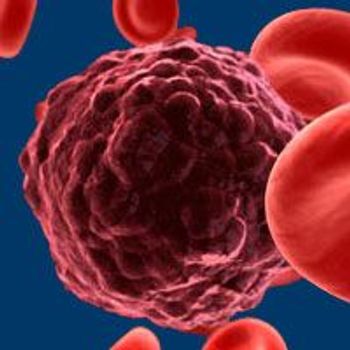
Chimeric antigen receptor T-cell therapy targeting both BCMA and CD38 induced an objective response in >90% of patients with multiple myeloma who had been treated with at least 3 prior therapies and whose disease had spread outside of the bone marrow.

Successors to the first generation of chimeric antigen receptor (CAR) T-cell treatments will attack multiple targets and address the complexity of the manufacturing process by bringing uniformity to the creation of therapies, presenters said at the 61st American Society of Hematology Annual Meeting and Exposition in Orlando, Florida.

An investigational new drug application for the therapy, which is labeled FT596, was approved in September 2019 and human trials are scheduled to begin in the first quarter of 2020.

A recent study from Penn Medicine presented at ASH 2019 has found mosunetuzumab could be an effective treatment for B-cell non-Hodgkin lymphoma refractory to CAR T therapy.

Treatment with the BCMA-targeted CAR T-cell therapy idecabtagene vicleucel was associated with a 73.4% overall response rate in patients with relapsed/refractory multiple myeloma, meeting the primary endpoint of the pivotal phase II KarMMA trial.

The CAR T-cell therapy axicabtagene ciloleucel induced a median overall survival of 25.8 months for patients with refractory large B-cell lymphoma.
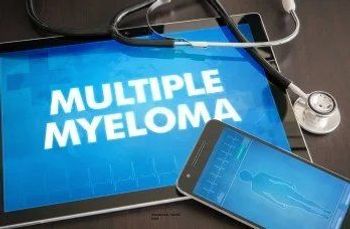
Chimeric antigen receptor T-cell therapy targeting both BCMA and CD38 induced an objective response in >90% of patients with multiple myeloma who had been treated with at least 3 prior therapies and whose disease had spread outside of the bone marrow.
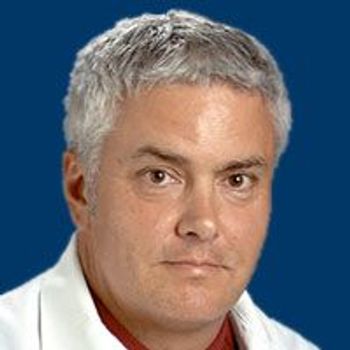
The investigational gene therapy nadofaragene firadenovec demonstrated a 3-month complete response rate of 53% in patients with high-grade, Bacillus Calmette-Guérin–unresponsive, non-muscle invasive bladder cancer with carcinoma in-situ with or without concomitant high-grade Ta or T1 papillary disease, meeting the primary endpoint of a phase III trial.

Tanya Siddiqi, MD, discussed the CAR T-cell trial ahead of the ASH Annual Meeting & Exposition in an interview with CancerNetwork®.

The FDA has granted a breakthrough therapy designation for abatacept for the prevention of moderate-to-severe acute graft-versus-host disease in patients who have undergone hematopoietic stem cell transplants from unrelated donors.

In an era of personalized medicine in oncology, monoclonal antibodies, bispecific T-cell engagers, and CAR T-cell therapies are revolutionizing patient outcomes in multiple myeloma.
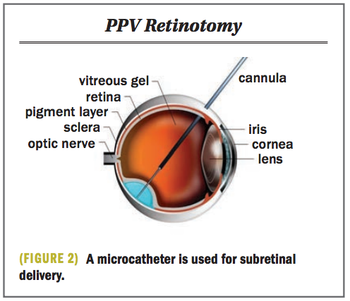
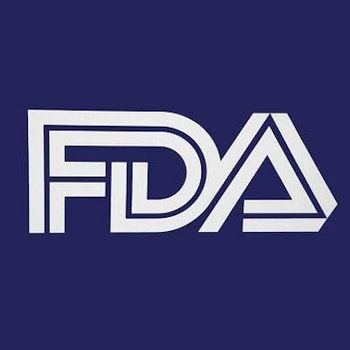
The FDA granted a breakthrough therapy designation to abatacept for the prevention of moderate to severe acute graft-versus-host disease in hematopoietic stem cell transplants from unrelated donors.

Miguel-Angel Perales, MD, discusses the evolving role of CAR T-cell therapy in diffuse large B-cell lymphoma and follicular lymphoma.
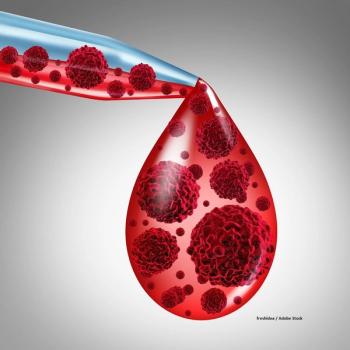
Research on chimeric antigen receptor T-cell therapy to be presented at the ASH Annual Meeting & Exposition is set to address drawbacks associated with treatment.

Robert A. Brodsky, MD discussed the study of a first-of-kind multi-antigen targeted off-the-shelf chimeric antigen receptor- natural killer cell therapy with engineered persistence that will be presented at the ASH Annual Meeting & Exposition.

Nina Shah, MD, discusses how CAR T-cell therapy, bispecific T-cell engagers, and antibody-drug conjugates are being used to treat patients with multiple myeloma.

Mavacamten is a first-in-class small-molecule therapy that reduces the contractility of cardiac muscles by binding with myosin, a protein involved in muscle contraction that is often affected by a gene mutation in hypertrophic cardiomyopathy.
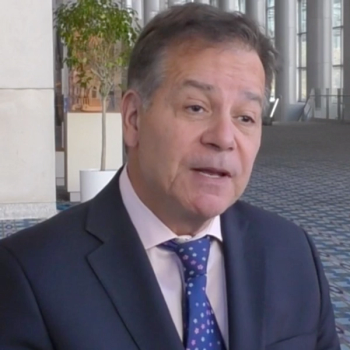
New findings from ESCaPE-MD show CD34+ cell therapy significantly benefitted patients with coronary microvascular dysfunction over 6 months.
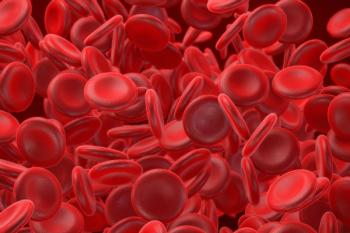
Adult patients with beta thalassemia will now have an FDA-approved treatment available with luspatercept-aamt (Reblozyl). The therapy treats the rare inherited blood disorder, which requires patients to have regular red blood cell transfusions.

The FDA has granted an accelerated approval to zanubrutinib capsules for the treatment of adult patients with mantle cell lymphoma who have received ≥1 prior therapy.
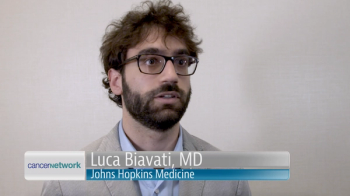
Luca Biavati, MD, from Johns Hopkins Medicine, discussed bone marrow T-cells and bone marrow infiltrating lymphocytes as a source for adoptive cell therapy at the 34th Annual Meeting & Pre-Conference Programs of the Society for Immunotherapy of Cancer (SITC 2019).

This is the third safety incident in the IGNITE DMD clinical trial that has resulted in a clinical hold since its inception in 2017.
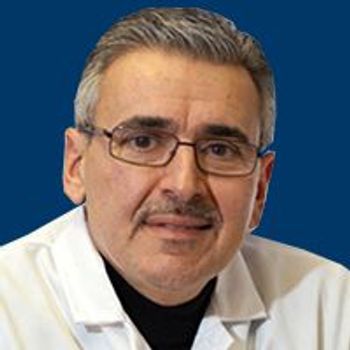
Joseph A. Sparano, MD, discusses using gene expression profiles as a means to guide therapy in breast cancer.